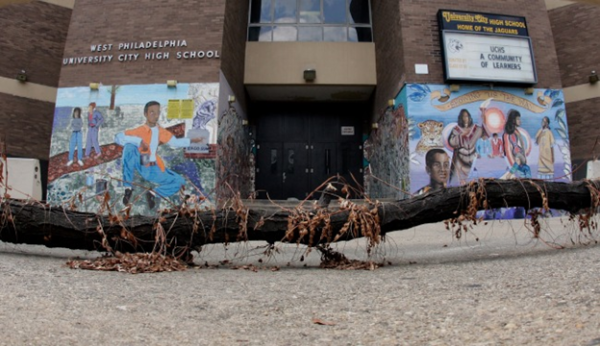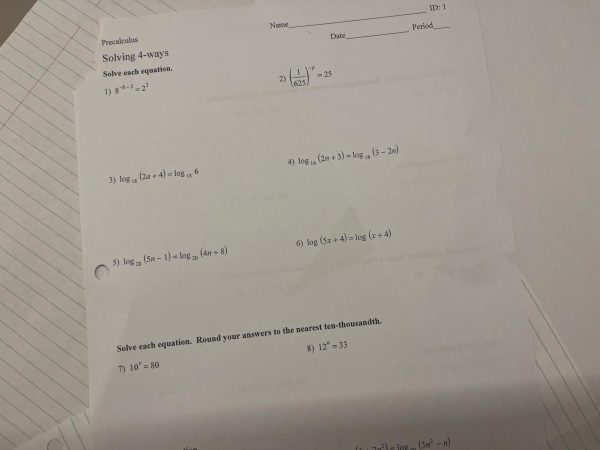Do Schools Need a New Way to Teach Math Education?
The five strands of mathematical proficiency are noted as conceptual understanding, procedural fluency, strategic competence, adaptive reasoning and productive disposition. We all have had to be enrolled in a math class since a young age and over the years develops into complex curriculums and increased workloads. The inconsistent teaching styles of math education have left some students struggling, even when math is their forte. Old school math curriculums like algebra, calculus, or geometry aren’t as beneficial to students as they were in the past. With the forever growing technology advancements, it becomes a question of are you really learning or searching for answers.
Countless internet sites have been created to solve math problems, give direct answers and even the work to coincide. Today’s school system, and society around it, are dependent on technology. Carl Clark explains in his article that “ One simply researches a similar word problem, finds a model to use, and then locates the appropriate software application to arrive at a correct answer. This can all be done with logical, sequential thinking skills and not the least bit of knowledge of algebraic manipulation, but we continue to focus our curricula on skills that we no longer need.”. With this being said, there is still a need for advanced math classes catered to the people who need that education for their future careers. They’re the ones who need the standardized pen and paper tests, not the rest of students who are searching to solve. You don’t need a calculator for math class, the computer has one for you. All you need is logic.
Logic and problem solving are the new education that needs to be pushed for math education. The reality is a majority of students are outsmarting adults, in especially the mathematical field, because of the vast resources available to them. Kids are smarter with technology resources and puts no limit on their education and knowledge. Ask an adult how much they remember from their math education, but they would remember how to use technology resources, that they use every day, to solve their own problems. The demand for a new curriculum is higher than ever and the push for the change, to prepare youth, is a new reform of their education.
Megan Lysek-Hagy, Grade 12. Megan enjoys running, biking and swimming... pretty much anything outdoors! She is very creative and will be pursuing arts...




